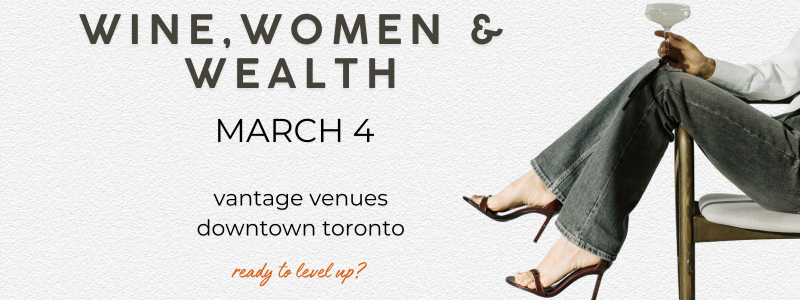Natural, Organic, Biodynamic, and Traditional Wines Explained

It can get confusing, but hopefully this helps.
By Erin Henderson
Wine is challenging enough to understand, let alone when insiders start spouting off about the virtues of natural, the reliability of conventional, or the common sense of organic.
There are ardent, even rabid, fans dedicated to each camp of natural, organic, biodynamic, and conventional. And that’s fine, it’s nice to have loyalties.
But for the rest of us more promiscuous wine lovers, willing to blur the lines of our allegiance, it’s helpful to know the territory into which we are wandering.
While tomes have been, and continue to be, written on each of these wine categories, this is a quick sip on the basics. Which, really, is all you need to find a great glass.

Conventional
Conventional wine making makes up the bulk of what is produced today. And, like any farming practice, varying levels of intervention, growing techniques, and policies come into play based on the business philosophies and overall vision of the individual winery.
Perhaps the grapes are picked by hand, or by tractor, and the use of pesticides and herbicides can be used if needed. In the winery, other additives may be used in the wine making process. However, it’s important to note, just because wineries opt for conventional growing and making practices, it does not mean the wine makers are twirling their moustaches and flipping their capes villainously.
Good and reputable wineries want to make sure their product is the very best it can be. And just like with food production, there is also local wine legislation the ensures everything is up to snuff.
You may also like: What's the Difference Between Acids and Tannins?
Natural
A buzzword that’s kicked around a lot these days with many, many interpretations of what natural wine making actually means.
Broadly speaking, natural winemaking means little-to-no-intervention. This includes filtering, additives, additional sulphur, or cultured yeasts which would commonly be found in conventional wine making.
Because of this hands-off approach, natural wines can often appear cloudy and generally have a tangy acidity. While many natural wines are quite delicious and interestingly complex, because they lack the treatment of traditional wine making, they don’t have the same cellaring potential. They also can change quickly once opened.
You may also like: What You Need to Cellar Wine for the Long Haul
Organic
While all natural wines are organic, not all organic wines are natural.
Canada, the US, and Europe all have different accountabilities, but generally, organic wines mean the grapes are grown without synthetic fertilizers and the winemaking is done organically as well (so, for example, the yeast used to convert juice to alcohol is also organic.) But just because a wine is organic, doesn’t mean hasn't been treated with approved sprays to combat various ills when required (unlike natural wine.) Copper, for example, is a commonly used spray to treat mildew and other fungal outbreaks in the vineyard.
Head’s up: if a wine is labelled as being made with organic grapes, that means the grapes were organically grown, but the wine making wasn’t necessarily organic. I know, it’s complicated.
You may also like: What Exactly Are Earthy Wines, Anyway?
Biodynamic
A farming practice that’s gaining in popularity, biodynamic was invented in the 1920’s by Austrian philosopher Rudolf Steiner who believed following the lunar cycle is most beneficial for crop growing and production.
The biodynamic calendar is broken down into fruit, root, leaf, and flower days which represent the times to harvest, prune, water, and leave alone.
Some dismiss this practice as hocus pocus, especially when hearing about the often-misunderstood, and frequently targetted, methodology of burying manure in cow horns in the vineyard to be dug up later and used as fertilizer. That may sound comical, but I have visited a number of vineyards that observe biodynamic farming and the land and plants are healthy, thriving, and biodiverse. The wines are excellent, too.
Your next read: The Four Ways to Make Rosé

